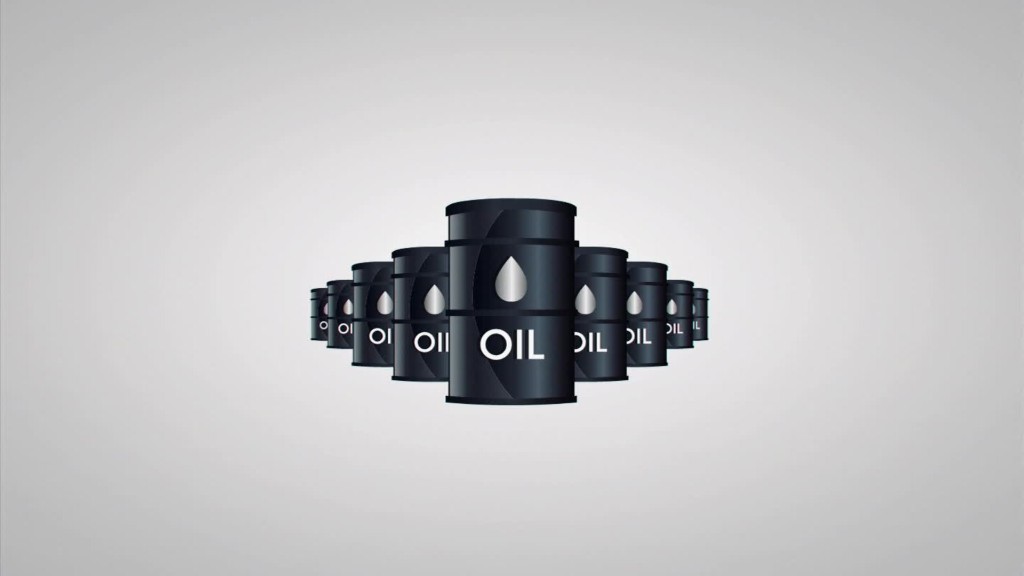
The crash in oil prices has OPEC so divided that the only thing the cartel can agree on is not to agree at all.
In a surprise, OPEC failed to reach an official decision Friday on how much oil to produce.
The lack of an official quota followed a marathon meeting in Vienna and effectively leaves output steady at 30 million barrels a day. Actual daily production is estimated at 31.5 million barrels.
Either way, the latest developments do nothing to solve the massive supply glut weighing on prices.
The mysterious OPEC meeting -- and conflicting media reports over the output decision -- sent crude tumbling from $42 to as low as $39.60. That's the lowest level since late August when crude crumbled to six-year lows.
Ultimately, OPEC leader Saudi Arabia decided not to answer desperate pleas from less affluent members like Nigeria and Venezuela to cut production.
"We decided to postpone this decision until the next OPEC meeting when the picture will be more clear," OPEC Secretary General Abdalla Salem El-Badri of Libya told reporters on Friday.
Surging oil production from non-OPEC nations like the U.S. has created a deep divide inside OPEC.
"The cartel is basically broken," said Matthew Smith, director of commodity research at ClipperData, which tracks global crude shipments.
Saudi Arabia has pushed OPEC down a painful approach: aggressively pump oil to keep prices low and crowd out high-cost producers. The long-term strategy, launched a year ago, has yet to yield real dividends as U.S. output remains near all-time highs, though some cracks have emerged.
But the all-out production is causing serious pain inside less affluent OPEC members. Venezuela has warned of a "catastrophe" if OPEC doesn't cut output, saying prices could tumble to $30 a barrel.
"OPEC has never been more divided," Fadel Gheit, an Oppenheimer analyst who has been closely covering the oil industry for 35 years, recently told CNNMoney.
The Saudis have said they are only willing to talk about production cuts if Iran, Iraq and non-OPEC members like Russia do the same. That seems unlikely and doesn't even account for the U.S., where independent oil operators do what's best for themselves.
"The world dynamics have changed. Even if we keep cutting that doesn't solve anything," said OPEC President Emmanuel Ibe Kachikwu.
It's also important to remember the politics at play. The Saudis want to prevent Iran, their longtime enemy, from gaining market share or the profits that higher oil prices would deliver. Iran is on track to return to the oil market if, as expected, sanctions are lifted early next year.
Of course, all of this should bring smiles to the faces of American drivers. Cheap oil has helped push the average price of gas down to $2.05 in the U.S., according to AAA. Gas was $2.75 a year ago and it could head even lower.
--CNN's John Defterios contributed to this report.


